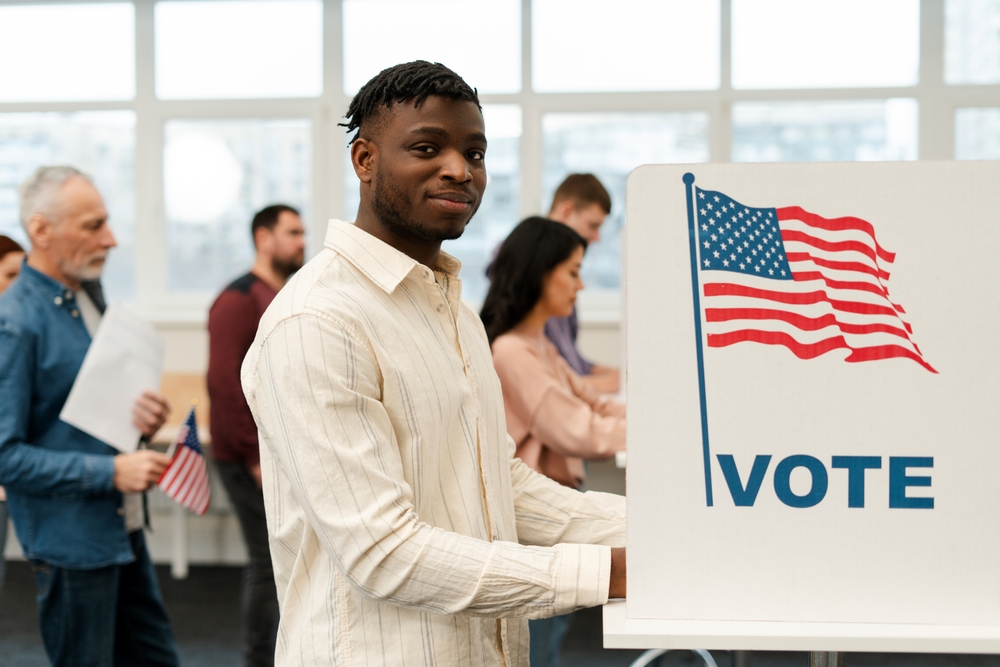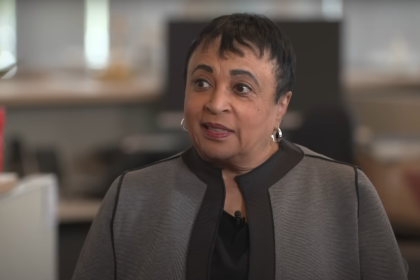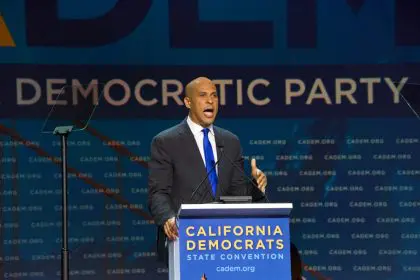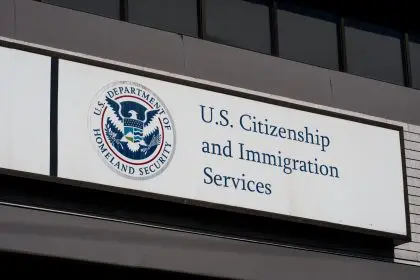The Safeguard American Voter Eligibility (SAVE) Act introduces unprecedented documentation mandates that could fundamentally alter access to voting across the United States. The legislation’s core requirements center on specific citizenship verification documents, marking a significant departure from current voter registration processes that have served millions of Americans. These changes represent a fundamental shift in how Americans establish their eligibility to vote, potentially creating barriers for eligible citizens who have participated in elections for decades without issue. The Act’s implementation would require a massive overhaul of existing state voting systems and necessitate substantial resources for both election officials and voters.
Documentation barriers emerge
The implementation of the SAVE Act creates substantial hurdles for vast segments of the American population. Current data reveals a stark reality: 140 million Americans do not possess passports, while approximately 69 million married women face potential challenges due to birth certificates that don’t reflect their current legal names. This documentation gap presents a formidable obstacle to voter participation, particularly affecting communities that already face systemic barriers to civic engagement. The cost and time required to obtain these documents create additional burdens, especially for working families, rural residents, and those with limited mobility or resources. These requirements disproportionately impact elderly voters who may have been born at home without official birth certificates, as well as Americans born in territories or military bases abroad.
Traditional voting alternatives fade
States have historically employed various methods to facilitate voter participation, with 42 states successfully implementing online voter registration systems. These progressive measures, including widespread mail-in voting options and comprehensive voter registration drives, stand to lose their effectiveness under the SAVE Act’s strict requirements. The legislation specifically excludes previously accepted forms of identification, including driver’s licenses, military identification cards, and tribal documentation. This shift away from established voting methods threatens to disrupt decades of progress in making voting more accessible. The elimination of these alternatives particularly affects rural communities, military personnel stationed overseas, and voters with disabilities who rely on alternative voting methods.
Enhanced licensing program limitations
The SAVE Act’s promotion of Enhanced Driver’s Licenses (EDLs) as a solution presents its own set of challenges. Currently, EDL availability remains restricted to just five states: Michigan, Minnesota, New York, Vermont, and Washington. This limited accessibility creates a substantial barrier for the estimated 21 million Americans who currently lack adequate documentation for voter registration. The situation becomes particularly acute for specific demographic groups, including recently married individuals who have changed their names and both younger and older adult populations. The process of obtaining an EDL involves additional costs, documentation requirements, and often requires in-person visits to specific government offices, which may be hours away from rural residents. The limited number of states offering EDLs also raises concerns about equal access to voting rights across state lines.
Systematic voter removal concerns
The legislation’s provisions for voter roll maintenance raise significant concerns about democratic participation. Recent precedent demonstrates the potential impact of such measures, as evidenced by Virginia’s removal of over 1,600 registered voters shortly before a presidential election. These voter purges, conducted under the guise of list maintenance, threaten to disproportionately affect eligible voters who may face challenges in proving their registration status. The timing and implementation of these purges can create confusion and uncertainty among voters, particularly those who have recently moved or changed their names. The lack of standardized notification procedures and appeal processes further compounds these concerns, potentially leaving eligible voters without recourse when incorrectly removed from voter rolls.
Legal consequences and assistance restrictions
The SAVE Act introduces severe penalties for individuals who assist others in navigating the voting process without proper documentation. These punitive measures, including potential prison sentences of up to five years, create a chilling effect on community-based voter assistance programs that have historically played a crucial role in ensuring broad democratic participation. This criminalization of voter assistance affects community organizations, religious groups, and family members who traditionally help elderly or disabled voters participate in elections. The restrictions particularly impact multilingual communities where language barriers may necessitate assistance in understanding and completing voting requirements.

















